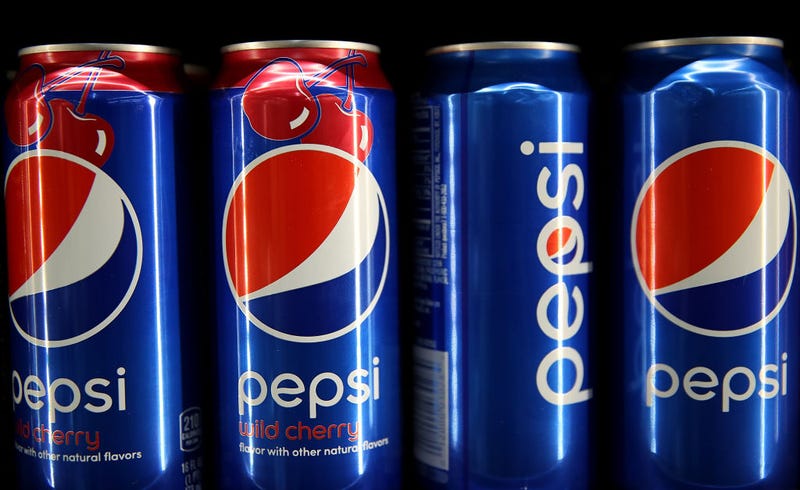
While a growing list of U.S. companies are pulling out of Russia in response to its continued invasion of Ukraine, some are holding out and still doing business in the country.
A list circulating online, compiled by a research team at Yale University, is considered "the most authoritative and comprehensive record of the corporate exodus from Russia," and is fueling calls to boycott brands that either refuse to address the situation or suspend their operations while the unprovoked attack continues.
The list of Companies that Remain in Russia with Significant Exposure is considerably shorter than the list of companies that have suspended business. But it includes some heavy hitters.
Among the top companies on the list are Pepsi, Coca Cola, McDonald's, Starbucks and Papa John's. Although after the list came out, Coca Cola and Starbucks announced they would pull out.
Snack-food giant Mondelez (Oreo, Ritz, Cadbury), Kellogg (Frosted Flakes, Cheez-Its, Pop-tarts), Nestle (KitKat, Hot Pockets, Gerber, Cheerios), Kraft Heinz (Oscar Mayer, Jell-O, Velveeta) and Mars (M&Ms, Snickers, Ben's Original) are also on the list.
Hospitality chains Hyatt, Hilton, Intercontinental Hotels and Marriott all have locations still open in Russia.
The list also includes companies that have wide portfolios of brands including Coty (COVERGIRL, Sally Hansen, Adidas, Nautica) Unilever (Knorr, Dove, Axe, Lipton) and Kimberly Clark (Cottonelle, Depend, Huggies, Kleenex).
Other companies still doing business in Russia include Accor, Bridgestone Tire, Citi, Honeywell, Philip Morris and Pirelli.
Hashtags like #BoycottPepsi and #BoycottCocaCola started trending on Twitter as the list spread on social media, according to NBC News. Actor Sean Penn even encouraged Americans to boycott the two companies, as well as McDonald's.
Not all brands have full control over their Russian operations. Some, like Starbucks and McDonald's, are owned by franchisees and the corporation has limited ability to control their operations, The Washington Post reported. In lieu of shutting down operations completely, some companies have also announced they are suspending investments and developments in the country, The Post noted.
"I don't think it's as simple as saying can you just pull out of Russia," Kathleen Brooks, director at Minerva Analysis, told the BBC. "These are complicated businesses and there's a lot to consider."
Some analysts have argued that the decision for a business to pull out of Russia is all about reputation management.
"The reputation risk gets exponential as you wait," Scheherezade Rehman, a professor of international finance at George Washington University, told CNBC. "Having an export market overseas at some point means taking local currency and exchanging it into dollars or euros. You don't want to be stuck in rubles. That's not a good business."


